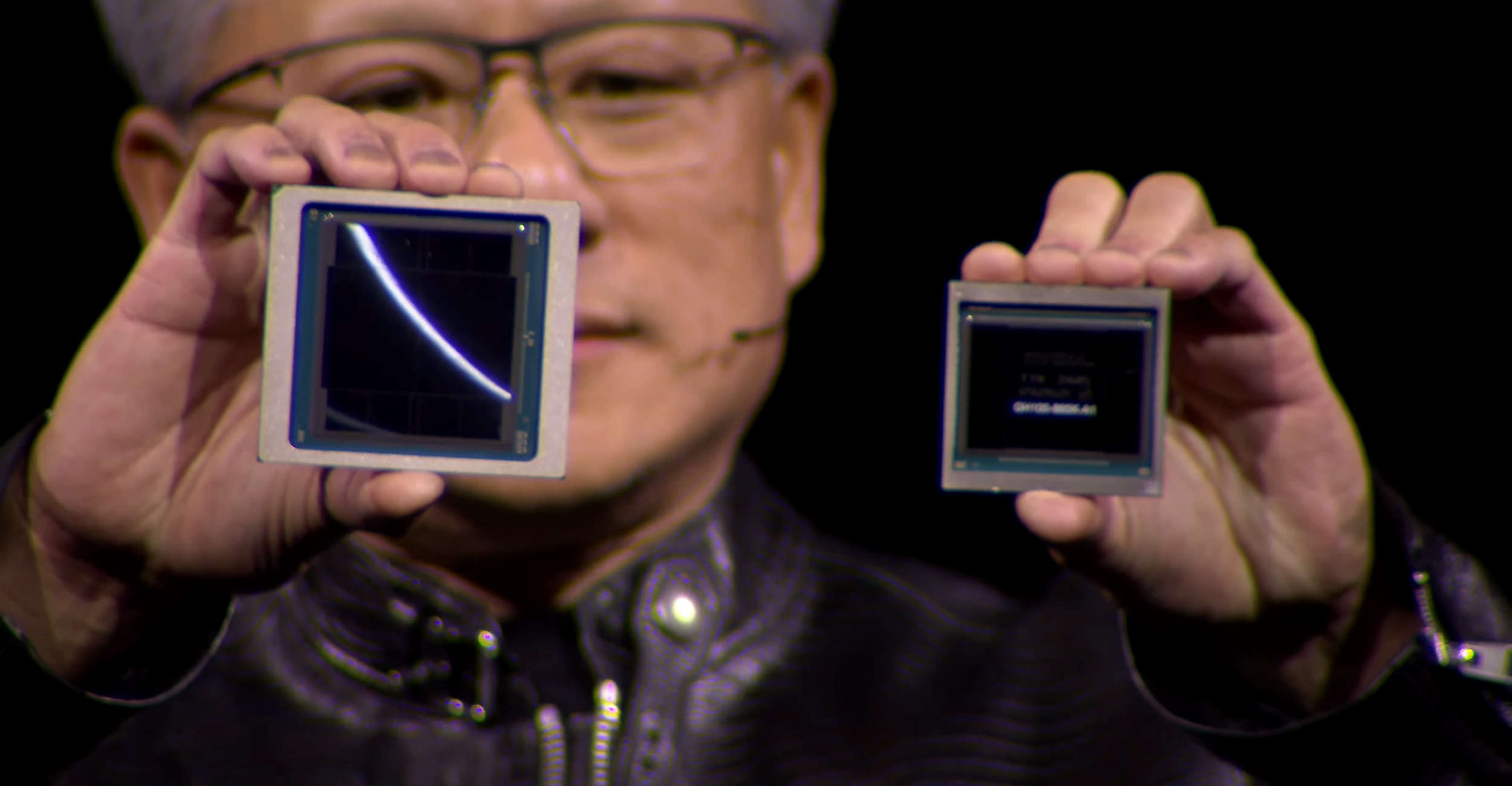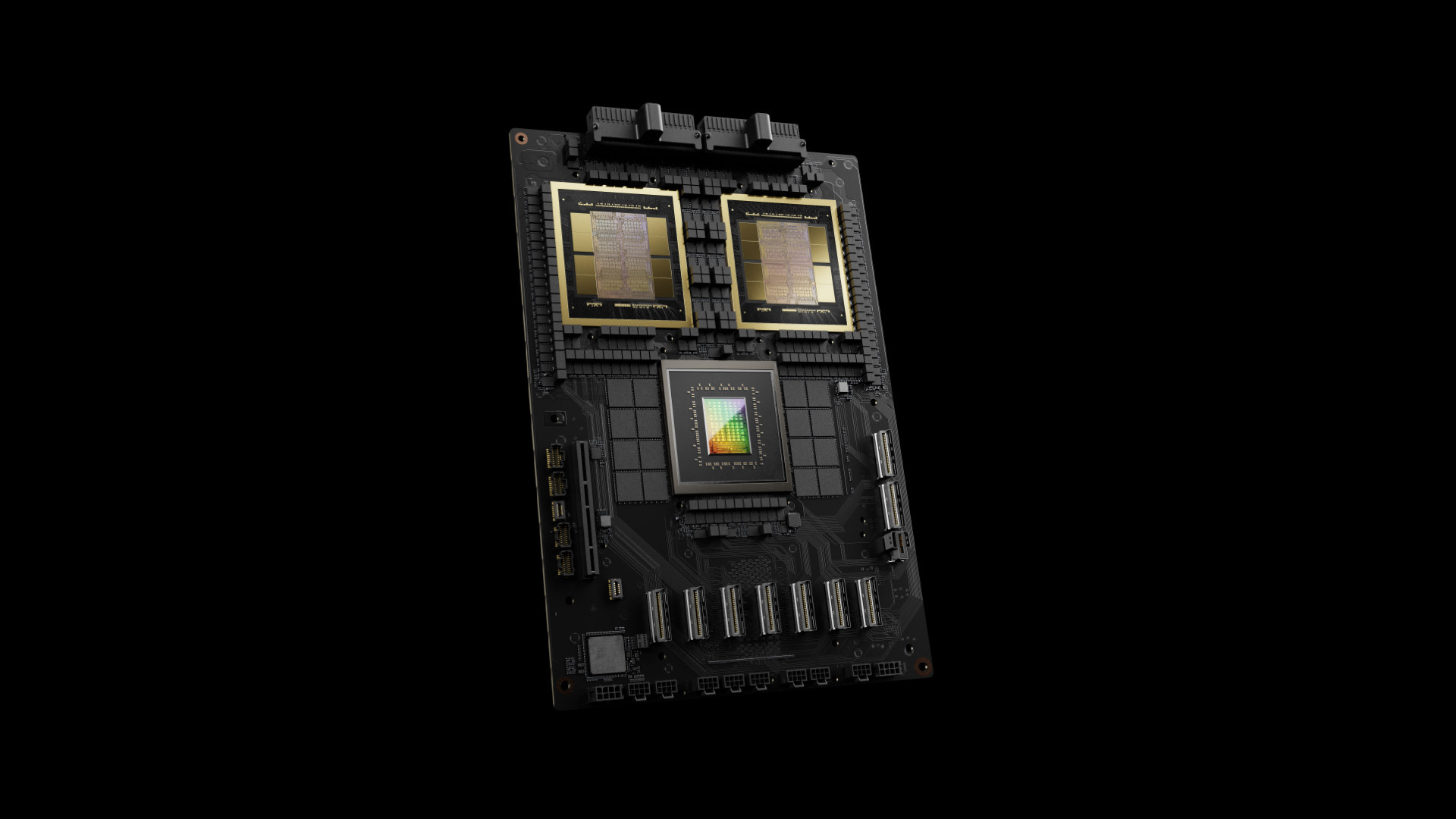France suspects Nvidia of breaking the law

According to Reuters, citing sources close to the matter, France's Autorité de la concurrence (Competition Authority) is ready to file antitrust charges against Nvidia, the world's leading maker of artificial intelligence and computer graphics chips. This comes after a nine-month investigation that began with searches at Nvidia's offices in France.
At the heart of the matter is Nvidia's near-monopoly over AI computing, driven by its unrivaled graphics cards that have become the solution of choice for high-level AI computing. Nvidia's meteoric growth, fueled by the AI boom and fueled by products like ChatGPT and other generative AI, has positioned the company as the sole supplier of AI "shovels" during the gold rush.
Billion dollar orders, including Elon Musk's purchase of 100,000 H100 GPUs, have become commonplace. However, this dominance has raised concerns within the French Competition Authority. A recent report highlights the sector's reliance on Nvidia's CUDA chip programming software, the only one fully compatible with Nvidia GPUs, essential for accelerated computing.

In addition, the authority is investigating Nvidia's investments in AI cloud providers such as CoreWeave, and fears a disproportionate market influence. Although alternative sources such as Google's TPU AI accelerators exist, Nvidia's overwhelming market dominance is still a red flag.
The Autorité de la concurrence has previously highlighted potential risks they see in the chip market. These include pricing, production restrictions and unfair contract terms or behavior by chip providers. Interestingly, Nvidia is the only chip company named in the report, although it is not specifically accused of these violations.
The potential penalty for breaking French antitrust laws? 10% of Nvidia's annual global revenue therefore did not make a completely insignificant dent in Nvidia's earnings. However, the report also indicates that the authority may not see Nvidia's dominance of the AI hardware market as a major problem. The report acknowledges the existence of alternative AI accelerators, such as Google's TPUs, suggesting they might be enough competition in the eyes of the authority.
Latest graphics card
-
20 Margraphics card
-
13 Jangraphics card
ASRock B580 Steel Legend
-
07 Jangraphics card
ASUS showcases new AMD RX 9700 graphics cards
-
07 Jangraphics card
ASUS ready with large selection of RTX 50 graphics
-
07 Jangraphics card
Nvidia Reflex 2 reduces gaming latency
-
07 Jangraphics card
Nvidia launches DLSS 4 with the new RTX 50 series
-
07 Jangraphics card
Nvidia RTX 50 series is ready
-
07 Jangraphics card
Nvidia launches RTX 5090 at CES
Most read graphics card
Latest graphics card
-
20 Margraphics card
ASRock RX 9070 Steel Legend
-
13 Jangraphics card
ASRock B580 Steel Legend
-
07 Jangraphics card
ASUS showcases new AMD RX 9700 graphics cards
-
07 Jangraphics card
ASUS ready with large selection of RTX 50 graphics
-
07 Jangraphics card
Nvidia Reflex 2 reduces gaming latency
-
07 Jangraphics card
Nvidia launches DLSS 4 with the new RTX 50 series
-
07 Jangraphics card
Nvidia RTX 50 series is ready
-
07 Jangraphics card
Nvidia launches RTX 5090 at CES






